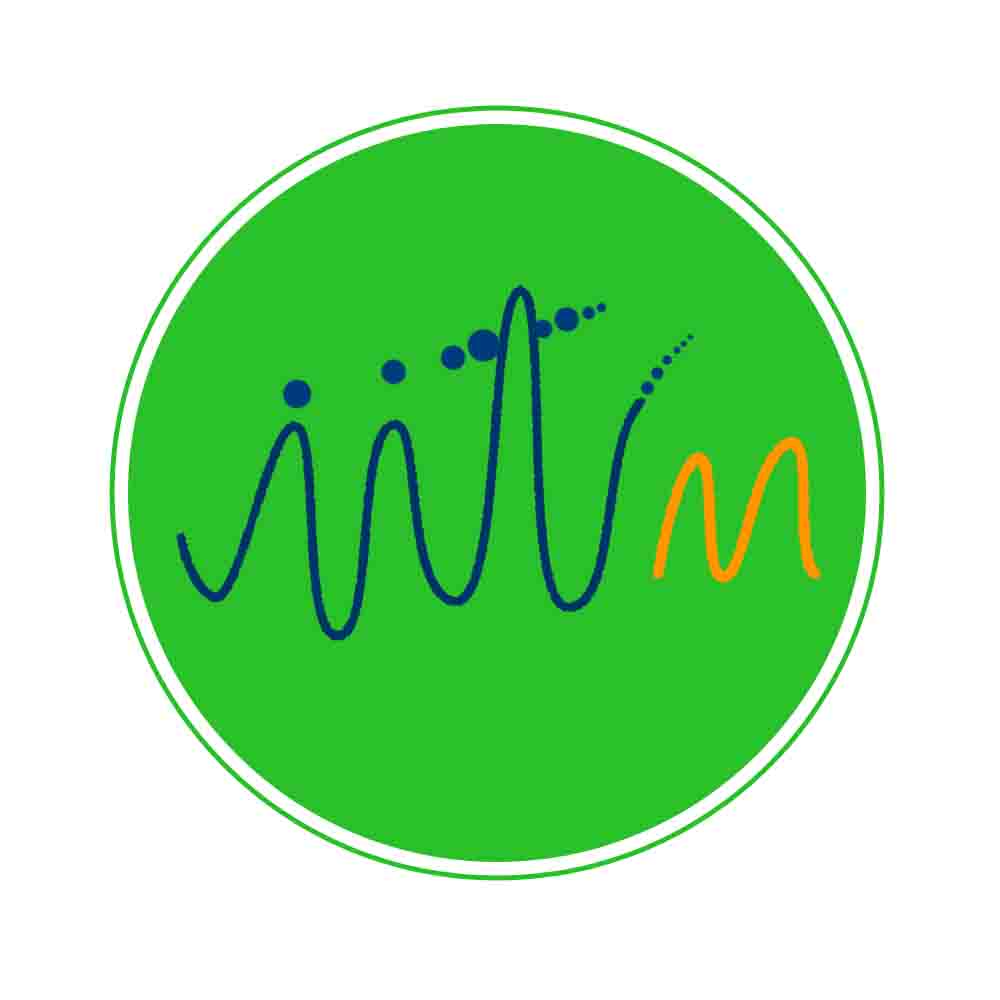Team:IIT Madras
From 2010.igem.org
(Prototype team page) |
|||
| Line 24: | Line 24: | ||
|- | |- | ||
| | | | ||
| - | + | On an average, the world looses 2 people to cardiovascular problems every minute; Diabetes claims 4 times that number making it the 6th most common cause of death worldwide. In addition, of these, India contributes to about 1 in 25 cases. The World Health Organisation recently reported that up to 245 million people suffered from this condition. It is estimated that diabetes consumes between 5 to 10% of the world's health care expenditure, and this is expected to go up to 12% in the next 20 years. There is however no known cure to this epidemic, and our only hope is to fall back to the old adage 'Prevention is better than cure'. It has been known for a while that reducing the calories consumed in the form of sugar will help in the prevention of this disease. To date, seven different sweet tasting proteins have been identified and approved for consumption. However these proteins are hard to produce due to problems in growing of the natural sources of these proteins and separation and purification of these proteins. | |
| + | |||
| + | We aim to use synthetic biology to engineer the pro-biotic lactic acid bacteria used to ferment milk to produce dairy products like yogurt, buttermilk and curds, to produce Monellin, a heat and pH stable sweetening protein. If we are successful in engineering Lactobacillus lactis, a gram positive bacteria, commonly used in the dairy industry to express and secrete protein Monellin to the medium, we will be able to produce sweet fermented products of milk, devoid of the polysaccharide sugar . This will radically reduce the calorific contents of these products, and may also reduce the cost of their production by eliminating one of the major ingredients, sugar. In order to be able to control the level of expression of this system, we aim to develop a regulatory system(s) that can be tweaked to suit the use. | ||
| + | |||
| + | As a result of this effort, we hope to give Diabetes patients a fighting chance to retain a comfortable life, without compromising on their sweet tooths. | ||
|[[Image:IIT_Madras_team.png|right|frame|Your team picture]] | |[[Image:IIT_Madras_team.png|right|frame|Your team picture]] | ||
|- | |- | ||
Revision as of 04:19, 9 August 2010
| You can write a background of your team here. Give us a background of your team, the members, etc. Or tell us more about something of your choosing. | File:IIT Madras logo.png 200px |
|
On an average, the world looses 2 people to cardiovascular problems every minute; Diabetes claims 4 times that number making it the 6th most common cause of death worldwide. In addition, of these, India contributes to about 1 in 25 cases. The World Health Organisation recently reported that up to 245 million people suffered from this condition. It is estimated that diabetes consumes between 5 to 10% of the world's health care expenditure, and this is expected to go up to 12% in the next 20 years. There is however no known cure to this epidemic, and our only hope is to fall back to the old adage 'Prevention is better than cure'. It has been known for a while that reducing the calories consumed in the form of sugar will help in the prevention of this disease. To date, seven different sweet tasting proteins have been identified and approved for consumption. However these proteins are hard to produce due to problems in growing of the natural sources of these proteins and separation and purification of these proteins. We aim to use synthetic biology to engineer the pro-biotic lactic acid bacteria used to ferment milk to produce dairy products like yogurt, buttermilk and curds, to produce Monellin, a heat and pH stable sweetening protein. If we are successful in engineering Lactobacillus lactis, a gram positive bacteria, commonly used in the dairy industry to express and secrete protein Monellin to the medium, we will be able to produce sweet fermented products of milk, devoid of the polysaccharide sugar . This will radically reduce the calorific contents of these products, and may also reduce the cost of their production by eliminating one of the major ingredients, sugar. In order to be able to control the level of expression of this system, we aim to develop a regulatory system(s) that can be tweaked to suit the use. As a result of this effort, we hope to give Diabetes patients a fighting chance to retain a comfortable life, without compromising on their sweet tooths. | |
| Team Example |
| Home | Team | Official Team Profile | Project | Parts Submitted to the Registry | Modeling | Notebook | Safety |
|---|
 "
"
